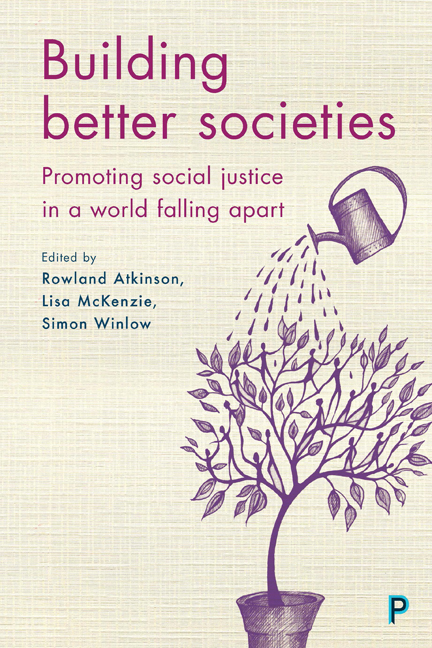Ten - Progress through protest
Published online by Cambridge University Press: 05 April 2022
Summary
If our aim is to open up imaginations and to re-think society, we must also ask why these activities are often considered to be impossible or naïve tasks. This kind of reaction has been explained by others in the current volume as the direct effect of a collective lack of imagination, in which the very idea of an alternative, more prosocial or better society has been undermined by a colonising market logic. Neoliberalism – a particular school of political and economic theory which argues that market competition, supported by the state, is the best way to organise the economy, government and society – has become so taken for granted that we no longer even perceive this model as one alternative among others, and instead as something closer to ‘common sense’. Even the recent and great economic crash has not, so far, led to a serious questioning of this model, which instead appears to be continuing ‘by default’ (Winlow et al, 2015, p 2) as the ‘least-worse option’ (Badiou, 2002) where, to paraphrase Winston Churchill, most of us perhaps cynically agree we live in the worst possible society … ‘apart from all the others’. This lack of imagination, even in the face of the significant contradictions revealed by the crash, suggests many have lost the capacity to envisage alternative organising principles to society today.
While many may intuit that society today is in some way ‘sick’, it may also be the case that many of us are additionally unable to even imagine healthier forms of social organisation. Instead, many of us opt to address social and economic problems with palliatives – the sticking plasters of bailouts and quantitative easing, or minor surgery to national budgets. In this chapter I want to go further in order to find the root causes of how such a market-led social model has actually been maintained in the face of the crash itself and widespread protest against the system in the face of that crash which has, to date, failed to generate any kind of deep social change. One way of beginning to address such questions is to look at protests ostensibly aiming to bring about a better society in the post-crash context.
- Type
- Chapter
- Information
- Building Better SocietiesPromoting Social Justice in a World Falling Apart, pp. 127 - 140Publisher: Bristol University PressPrint publication year: 2017



